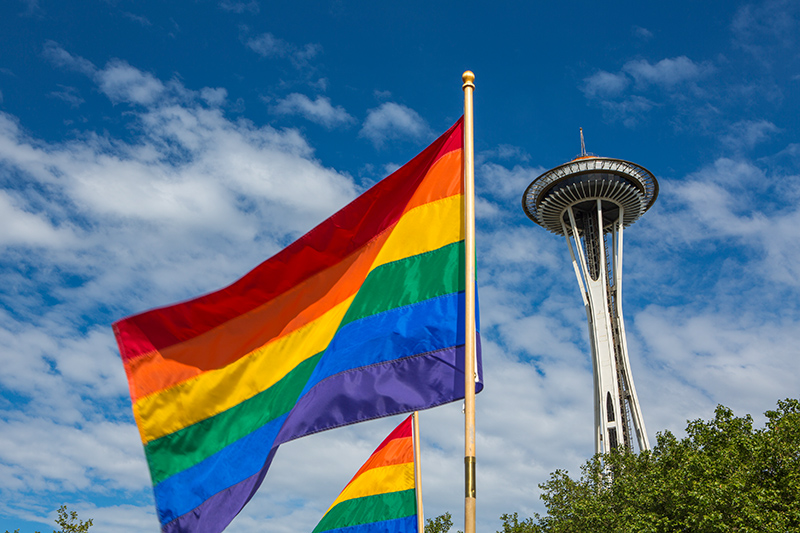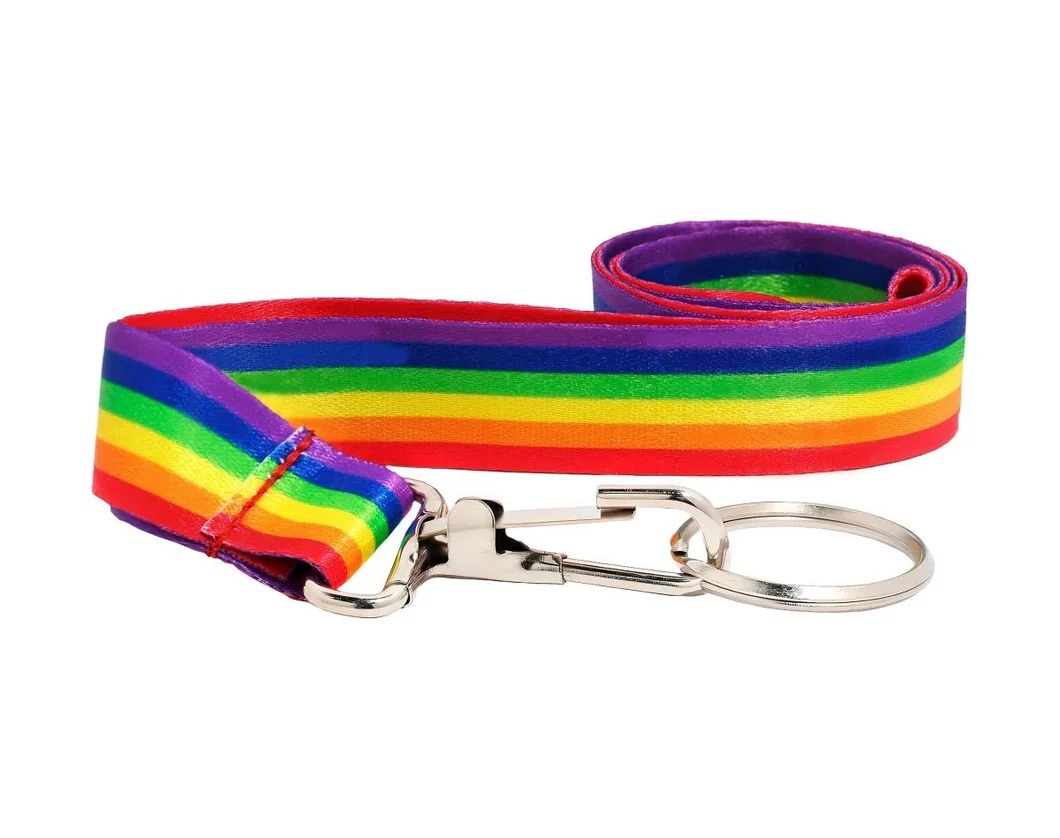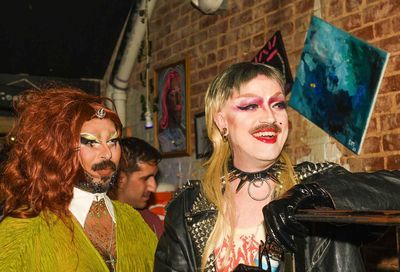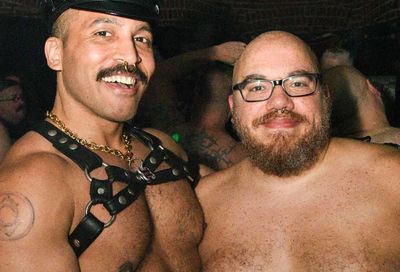Estonia Votes to Legalize Same-Sex Marriage
Country becomes the first Baltic and ex-Soviet state to legalize same-sex marriage.

On Tuesday, June 20, Estonia’s parliament voted to legalize same-sex marriage, making the country the first Baltic state, and the first ex-Soviet state, to legalize same-sex marriage.
The vote comes a week after Lauri Hussar, the president of the Riigikogu, Estonia’s unicameral parliament, announced the commitment from the country’s liberal governing coalition to legalize same-sex marriage within a month.
The law will take effect on January 1, 2024. It does not need to be ratified by any other governmental body.
In a 55-34 vote, the legislature amended the Family Law Act, which encompasses topics such as alimony, custody, and child support, to permit same-sex couples to wed. With this amendment, “two adults regardless of their gender” will be able to marry starting in 2024, according to a press statement released by the Estonian Government Communication Unit.
Once the law takes effect, same-sex couples will be entitled to the same rights and privileges associated with marriage, including the right to adopt children. Prior to this change, LGBTQ couples could not adopt children, but single LGBTQ-identifying adults could petition to adopt.
Same-sex relationships have been legally recognized in Estonia since 2016 by the Registered Partnership Act. Same-sex couples will continue to be able to enter into registered partnerships if they do not wish to wed, and there will be a simplified procedure to convert registered partnerships into marriages.
“My message is that it’s a difficult fight, but marriage and love is something that you have to promote,” Prime Minister Kaja Kallas told Reuters after the vote, referring to the lack of pro-LGBTQ laws in former Eastern bloc countries.
“We have developed a lot in those 30 years, since we have freed ourselves from the [Soviet] occupation. We are equals among same-value countries,” Kallas said.
“Everyone should have the right to marry the person they love and want to commit to. With this decision we are finally stepping among other Nordic countries as well as all the rest of the democratic countries in the world where marriage equality has been granted,” she continued. “This is a decision that does not take anything away from anyone but gives something important to many. It also shows that our society is caring and respectful towards each other. I am proud of Estonia.”
A recent survey by the Estonian Human Rights Centre found 53% of Estonians support same-sex marriage. This number jumped from 34% a decade ago. While 38% still oppose same-sex marriage, this number is considerably smaller than the 60% who opposed it in 2012.
Those statistics highlight shifting attitudes and the possibility for future change in former Eastern bloc nations. While most of those nations, which were under communist rule for the second half of the twentieth century, have since become part of NATO and the European Union, progress on LGBTQ rights has been slow, in part due to institutional inertia, decades-old attitudes that are remnants of authoritarian regimes, and widespread social conservatism, especially among Catholic and Orthodox Christian communities.
Both Latvia and Lithuania, the two other Baltic states that were once part of the Soviet Union, have seen same-sex partnership bills introduced in their parliaments, but such measures have stalled. However, Latvia’s Parliament elected its former foreign minister, Edgars Rinkevics, as the next president. Rinkevics is openly gay, making Latvia the first Baltic state, and one of the few throughout Europe, to have an LGBTQ head of state.
In the wake of the amended law’s passage, LGBTQ Estonians are celebrating.
“It’s like the state is finally accepting me,” Annely Lepamaa, a 46-year-old lesbian, told Reuters. “Until now, I needed to fight for everything. I had to go to court to adopt my own children, which is like, why? Now, I’m a human with rights.”
“I am genuinely very grateful for the patience and understanding the LGBT+ community has shown for all these years,” Signe Riisalo, Estonia’s Minister of Social Protection, said, according to CNN.
“I hope that, in time, those opposed to marriage equality come to see that we don’t lose anything from taking such steps, but rather that we all gain from them,” she said. “I am delighted that the decision has now been taken for a more forward-looking Estonia that cares for all.”
Support Metro Weekly’s Journalism
These are challenging times for news organizations. And yet it’s crucial we stay active and provide vital resources and information to both our local readers and the world. So won’t you please take a moment and consider supporting Metro Weekly with a membership? For as little as $5 a month, you can help ensure Metro Weekly magazine and MetroWeekly.com remain free, viable resources as we provide the best, most diverse, culturally-resonant LGBTQ coverage in both the D.C. region and around the world. Memberships come with exclusive perks and discounts, your own personal digital delivery of each week’s magazine (and an archive), access to our Member's Lounge when it launches this fall, and exclusive members-only items like Metro Weekly Membership Mugs and Tote Bags! Check out all our membership levels here and please join us today!




























You must be logged in to post a comment.